DUBROVNO REGIONAL EXECUTIVE COMMITTEE
Address:
18 Komsomolskaya Street, Dubrovno, Vitebsk Oblast, 211587
Phone:
8 (02137) 5-45-01
Fax:
8 (02137) 5-45-25
E-mail:
dubrovno_rik@vitobl.by
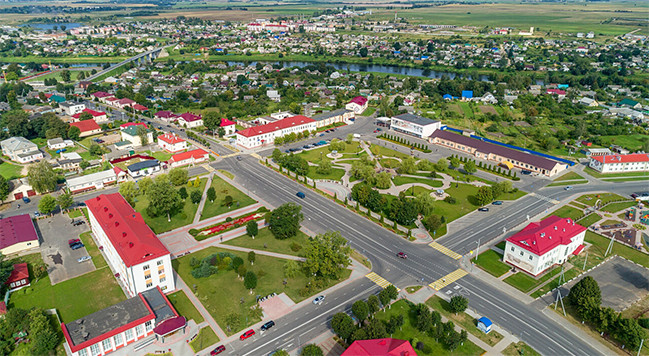
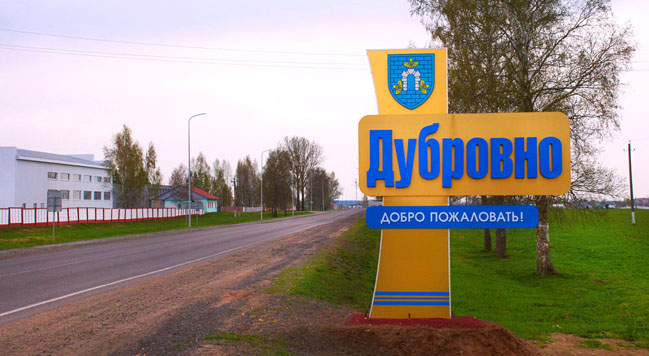

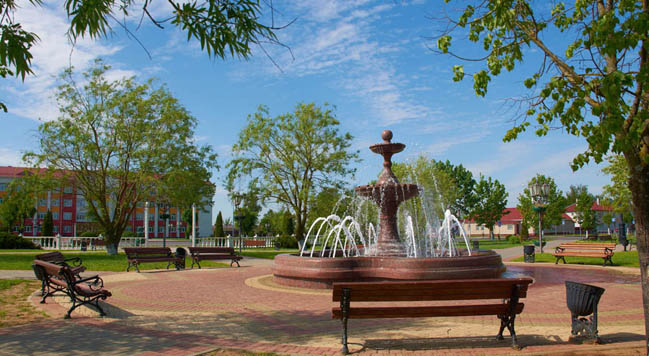
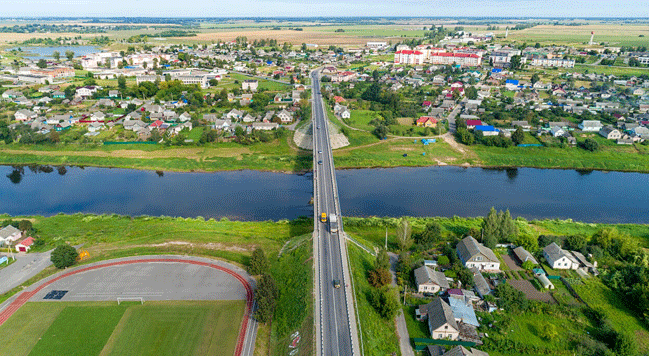
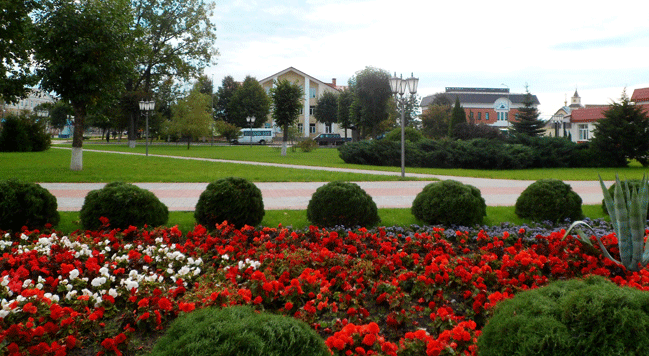






Opinion: Belarus has adapted to West's sanctions, is optimistic about future
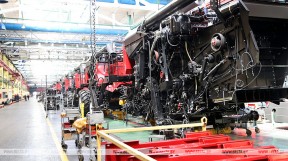
Mikhail Kovalev recalled that the establishment of the Union State was prompted by the lessons that Belarus learned from working through the history of its relations with Russia and Europe: “We have always been a bridge between them and have developed successfully. Had Ukraine followed suit, today we would have seen three successfully developing Slavic nations, which would also benefit the economies of the European Union. But Ukraine, unfortunately, diverged from this path and the Union State faced unprecedented sanctions, which, in the opinion of ordinary Belarusians, were imposed on our country for no reason and in violation of all international treaties. But thanks to the Union State, in particular Russia, our country managed to tough it out, push back against the sanctions and make up for last year's losses in economic growth in 2023,” Mikhail Kovalev remarked.
In his opinion, the illegal sanctions of the West showed that it is vitally important to strengthen integration within the Union State and that there is basically no alternative to it. The implementation of the Union State programs has brought cooperation between Belarus and Russia to a fundamentally new level, and the Union State itself has become an exemplary integration model for many regional unions. Mikhail Kovalev emphasized that together it is easier for the two countries to overcome the aggressive policies of the West. In particular, Belarus makes use of Russia's transshipment facilities to deliver its cargo to third countries. “Logistics operations in Belarus were hit the most by the sanctions. But the re-direction of all export flows to Russian ports and the use of the Russian railway infrastructure helped solve these problems. Our exports to China and other countries in Asia, as well as the Arab East did not fall, but even increased due to generous help provided by Russia that did not seek to profiteer from this situation,” the economist emphasized.
He also noted that Belarus is also helping Russia to withstand the illegal sanctions of the West: “We helped the allied nation to replace European goods that had left their market. These are not only food, but also non-food products: television sets, refrigerators, clothing and much more. Belarusian exports grew, and Russian buyers actually did not notice the withdrawal of European companies from their market, as they switched to our quality products. In addition, Belarusian investment goods helped maintain an uninterrupted investment process in Russia. Our tractors, buses, combines, elevators replaced European goods. Belarus helped Russia replace many sanctioned dual-use goods, including optics and microelectronics. This is a win-win situation for both of us.”









